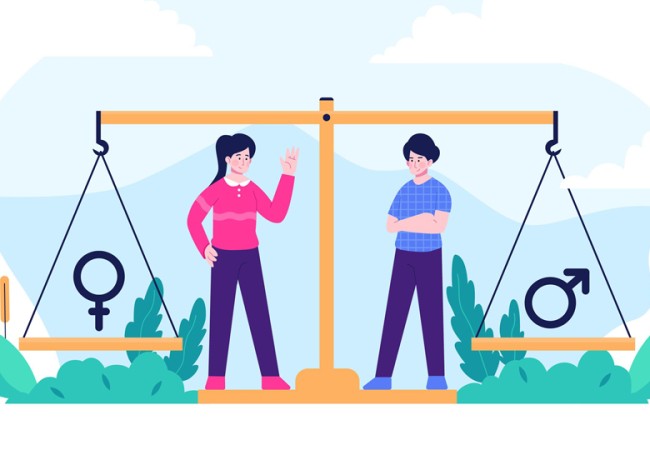
Canada observed the fifth annual Gender Equality Week - an annual event occurring in September, every year. The theme for this year was "United for Gender Equality: Stronger Together," with the objective of raising awareness about diverse identities and advocating for inclusivity in Canada, irrespective of factors like gender, sexual orientation, race, or educational background.
All government departments in Canada are expected to implement Gender-Based Analysis Plus (GBA) in both new and existing policies and programs, both internally and externally. This involves scrutinizing these policies and programs to assess how they may affect various groups of people and to identify and address any inequalities that may arise. According to the Government of Canada, true gender equality can be achieved only when people of all gender identities—women, men, transgender, and gender-diverse people—have equality in all aspects of life and the opportunity to reach their full potential in society.
In Canada, it is important to report gender-based issues
The Canadian Women's Foundation highlights that, certain immigrant women may face risk of domestic violence due to factors such as economic dependence, language barriers, and limited knowledge about available community resources. Additionally, newcomers who have experienced trauma from war or oppressive governments may be less inclined to report incidents of physical or sexual violence to authorities. This situation is especially challenging when a woman is sponsored by an abusive spouse or partner, as some fear deportation if they leave their sponsor. It is worth noting that in the past, sponsored spouses or partners of Canadian citizens and permanent residents were required to live with their sponsor to maintain permanent resident status. However, this condition has been eliminated, and acquiring permanent resident status is no longer contingent on cohabitation with a sponsor. Furthermore, any newcomer facing gender-based violence, regardless of their gender identity, has the option to leave their sponsor and may be eligible for a Temporary Resident Permit (TRP).
Eligibility criteria for a Temporary Resident Permit (TRP)
Applicants in the family class or spouse or common-law partner in Canada class (SCLPC class) who have either left their sponsor due to abuse or have not left their sponsor because they fear losing their immigration status, are eligible to apply for the TRP. Other eligibility requirements would be:
With a TRP, the Immigration, Refugees and Citizenship Canada (IRCC) offers the possibility of receiving coverage for trauma counseling and healthcare benefits. Additionally, eligible individuals may apply for a work permit without having to pay the associated fees.
Contact us if to know if you qualify to migrate to Canada. Check out Owlspriority Immigration’s Canada Settlement Resources to learn about finding employment in Canada, making your initial days stress-free, etc.